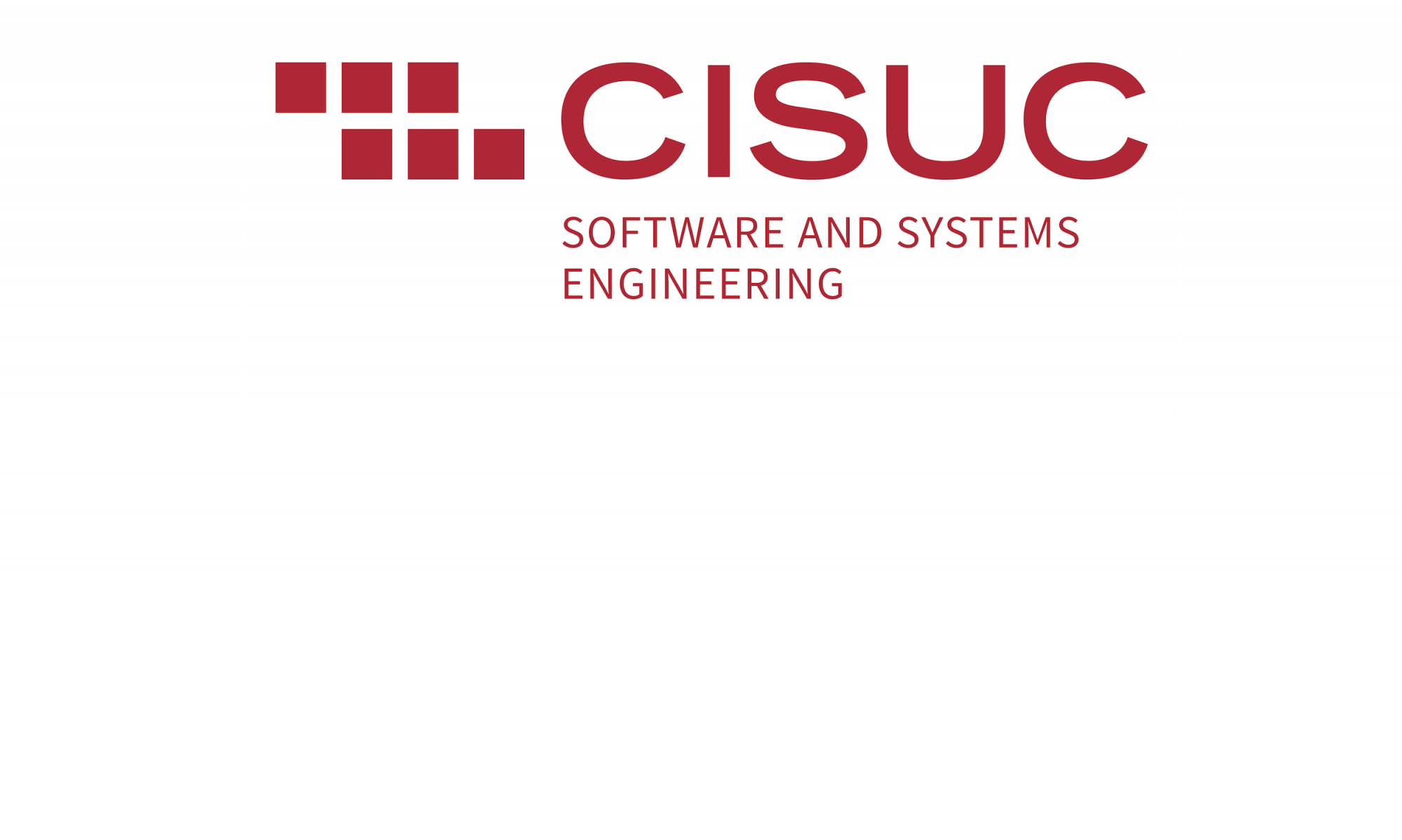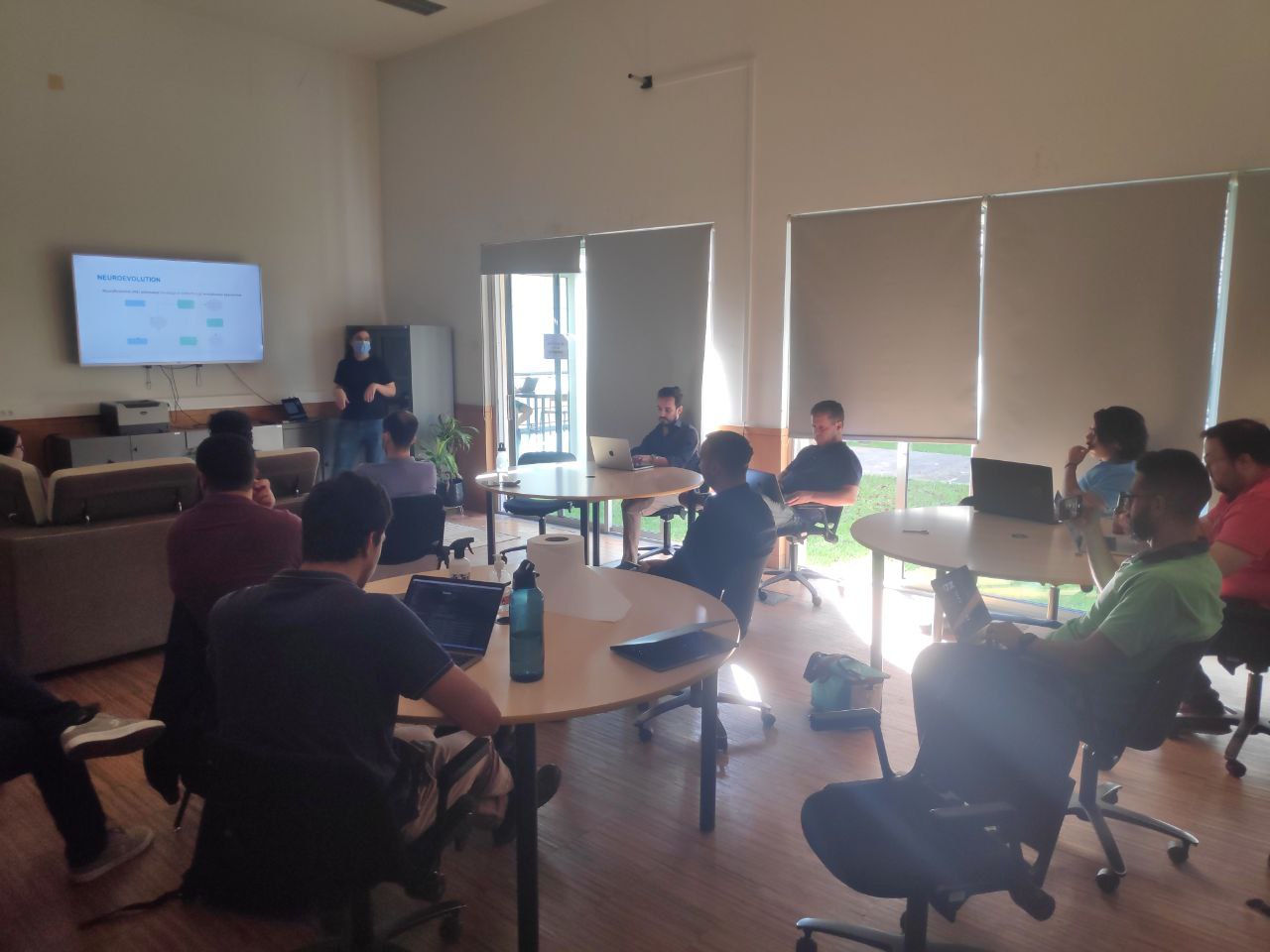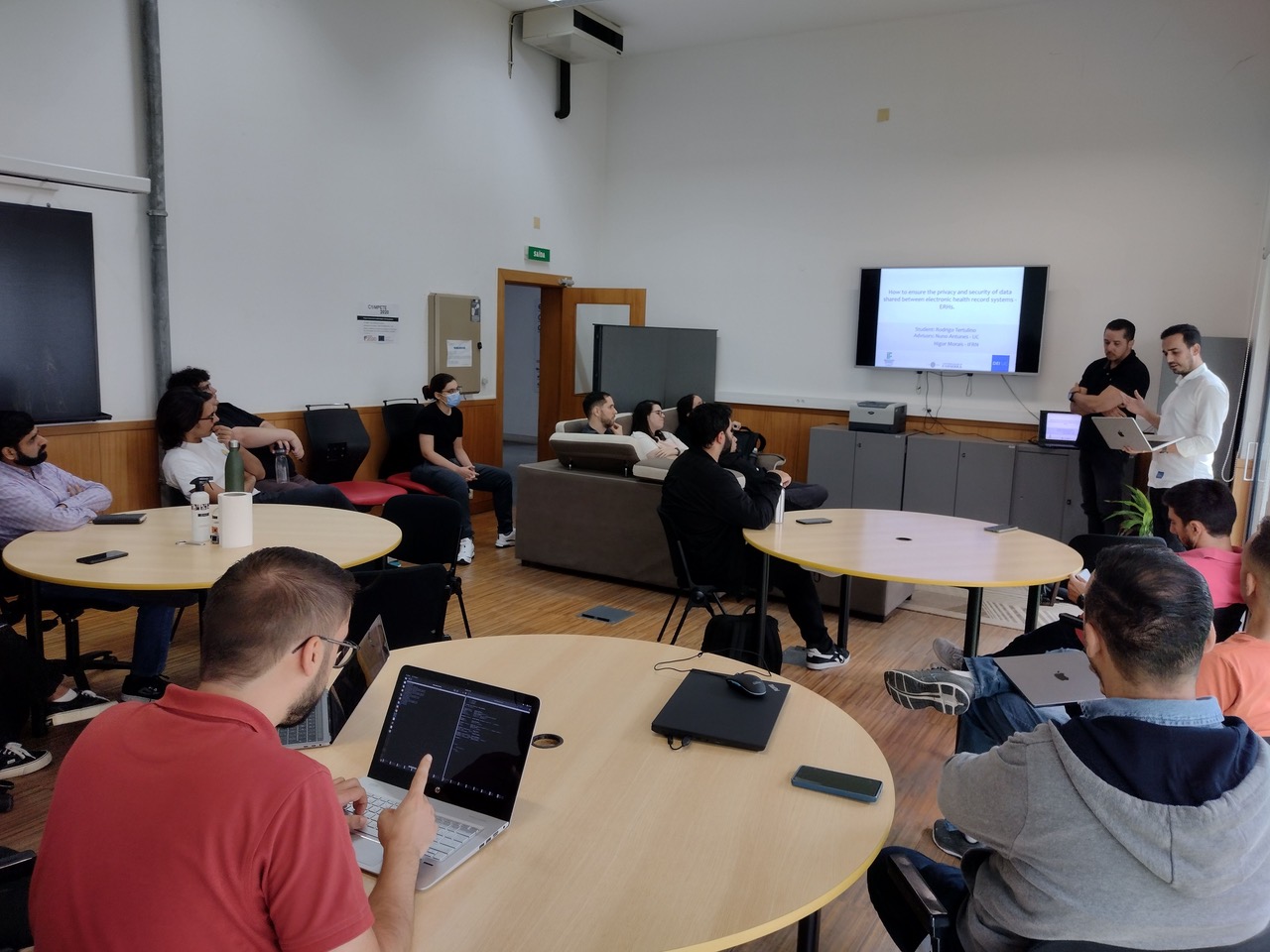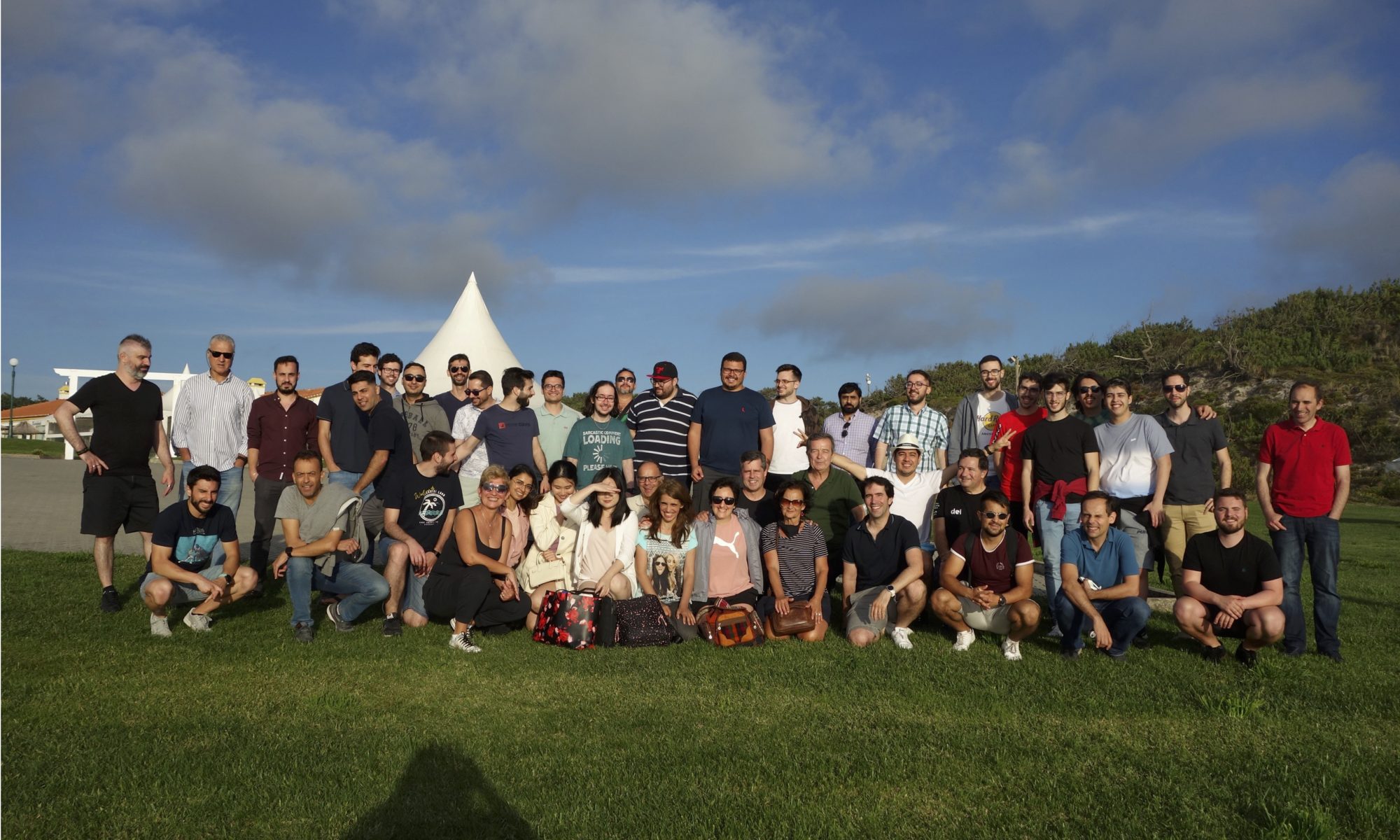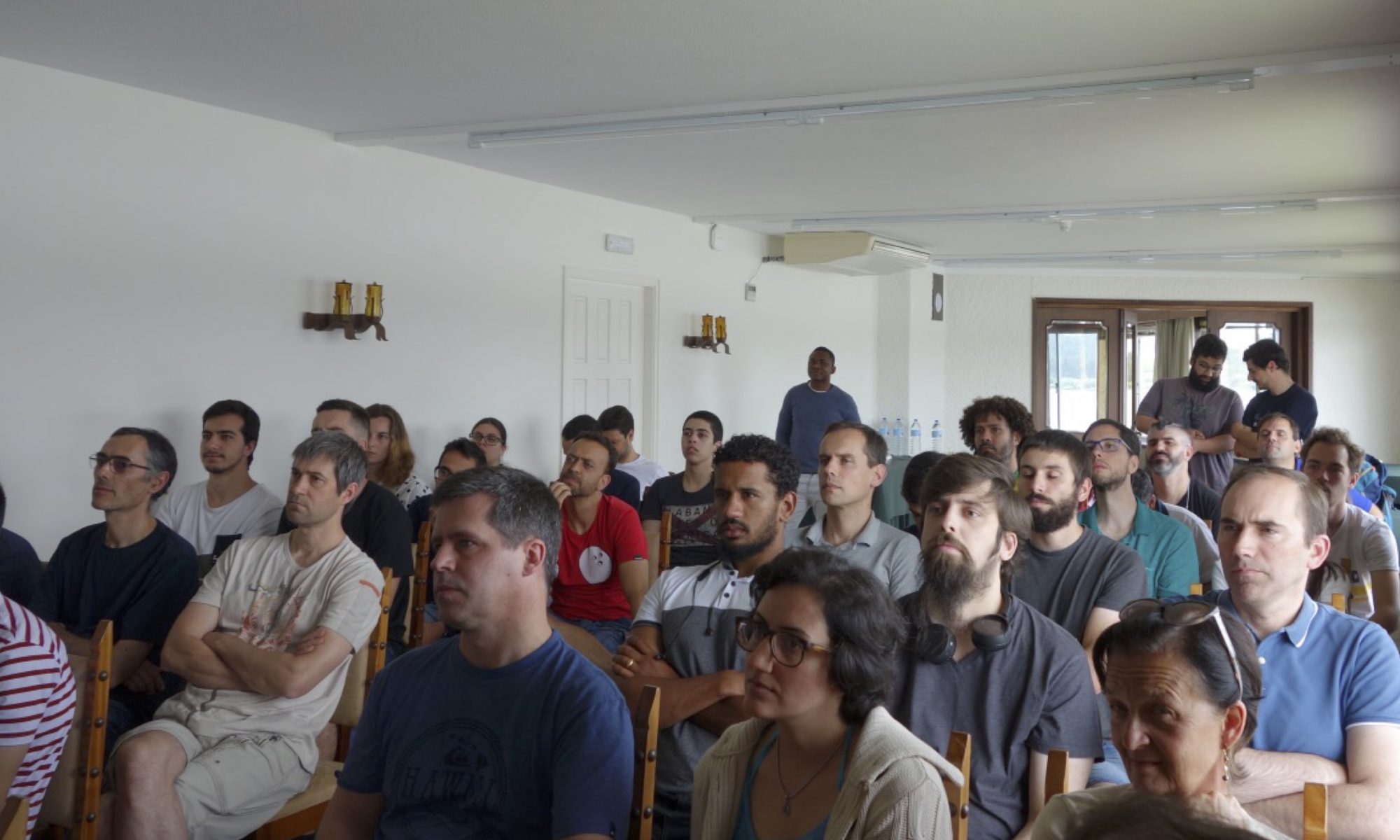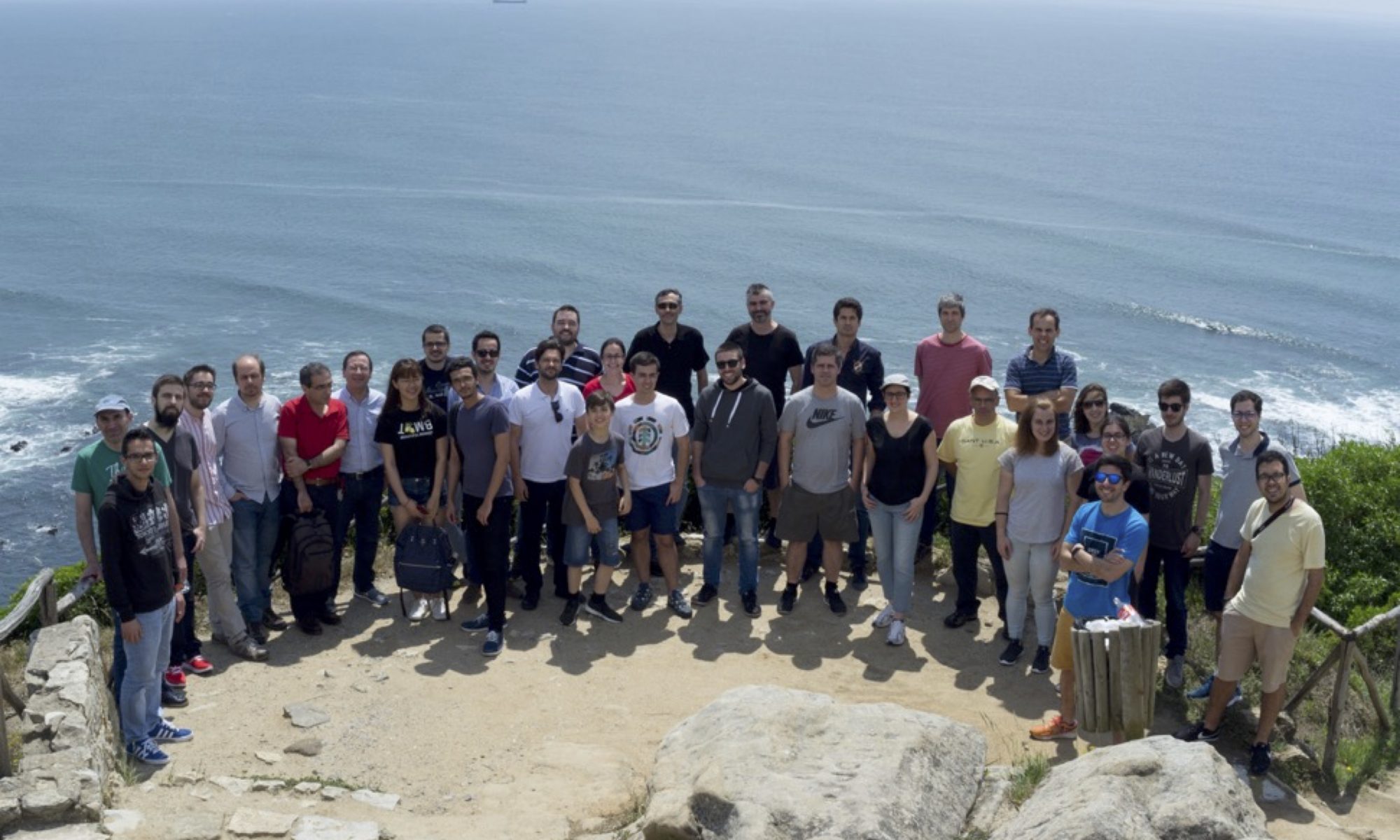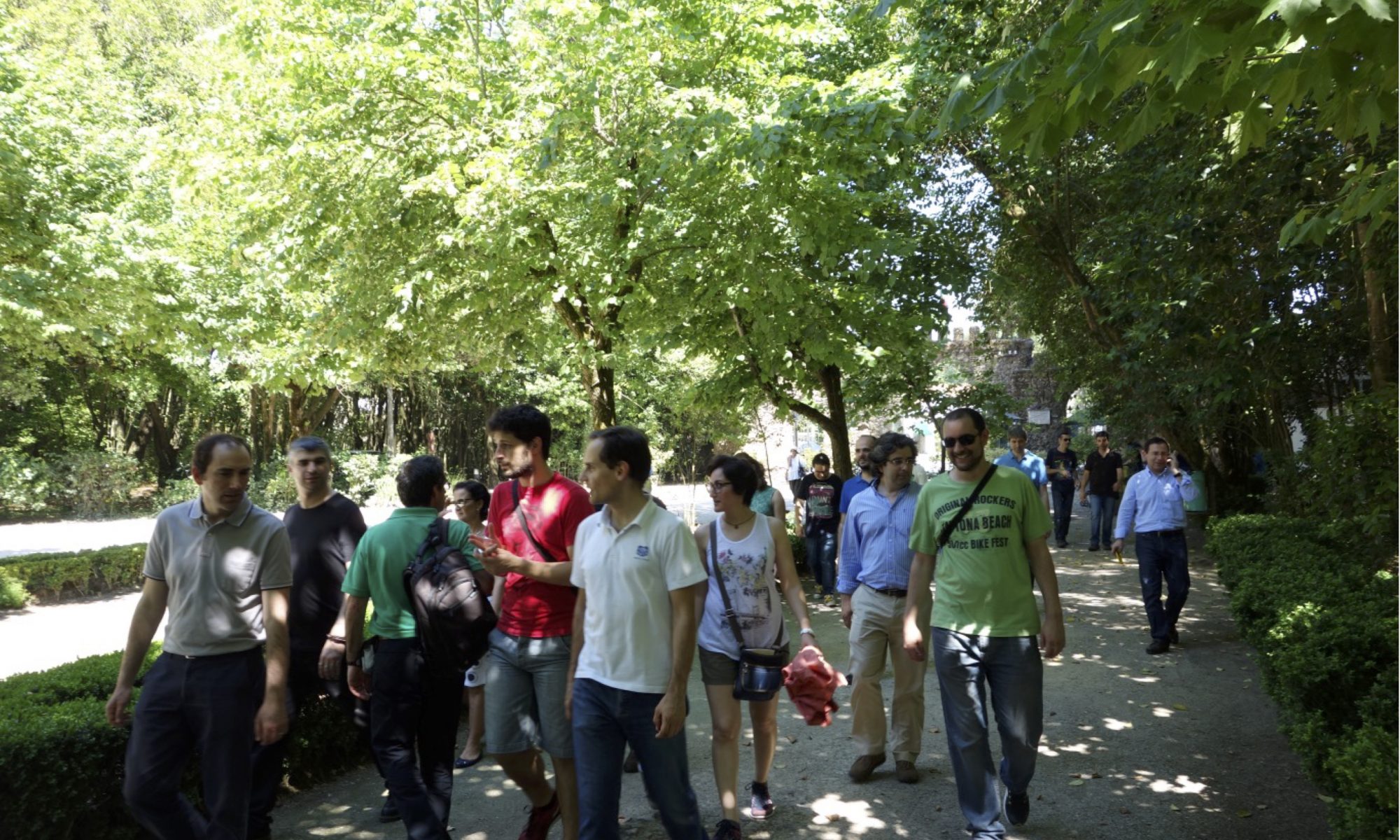12th of October at 16h00, Inês Valentim and Vittorio Orbinato will give two short presentations, to promote discussion on two relevant ongoing or disruptive topics. Afterwards, there will be a social gathering where everyone can talk freely on whatever subjects they like.
Location: G4.1
Inês Valentim – “NeuroEvolution meets Adversarial Robustness”
Bio
Inês Valentim is a Ph.D. candidate in Informatics Engineering at the University of Coimbra, Portugal, where she also received her BS and MSc in 2016 and 2019, respectively. Her current research is on the intersection of Artificial Neural Networks (ANNs), Evolutionary Computation, and Adversarial Machine Learning. In particular, she is investigating how NeuroEvolution can be leveraged to design ANNs that are more robust to adversarial examples.
Abstract
Artificial Neural Networks (ANNs) have achieved remarkable results in several domains, but their widespread adoption means that concerns other than predictive performance must be addressed. One of these concerns is their vulnerability to adversarial examples, which are carefully perturbed inputs that cause these models to produce erroneous outputs.
Manually designing and configuring ANNs becomes even more difficult under such adversarial settings. Evolution-based approaches have designed ANNs with competitive performance in the past, but the adversarial robustness of the evolved models was mostly overlooked.
In this presentation, we will overview how we plan on tackling these gaps in the literature during the Ph.D., namely by using NeuroEvolution to improve the adversarial robustness of ANNs.
Vittorio Orbinato – “Automating Adversary Emulation: a new approach to Offensive Security”
Bio
Vittorio Orbinato is a PhD student in Information Technology and Electrical Engineering (ITEE) at Università degli Studi di Napoli Federico II, Italy. He got his master degree at Università degli Studi di Napoli Federico II, Italy, and is currently working at the Department of Informatics Engineering (DEI), Portugal. His research interests concern Cybersecurity, Adversary Emulation and Virtualization.
Abstract
The security of software platforms and applications depends on effective techniques to detect vulnerabilities exploited by malicious attackers. To achieve this goal, the Offensive Security paradigm is becoming increasingly popular: the idea behind this approach is to test software security from an adversary perspective. Despite the advantages provided by such a paradigm, there are still many challenges related to the feasibility and costs of all the related activities.
